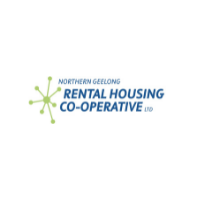


GROW G21
GROW is designed to deliver outcomes for people facing barriers to employment and to businesses seeking to deliver social value to communities that they are operating in, helping to make our local communities and economy more equitable. We have an evidence-based focus and prioritisation of cohorts and communities facing the greatest individual and systemic barriers to workforce participation, these priority cohorts vary slightly across the five regional areas based on external data and our deep local knowledge of the stories behind the data.
Be Inclusive
Create safe and supportive workplaces for all our community.Spend Local
Buy from local businesses to help the local economy and create jobs.Spend Social
Buy from businesses who employ from GROW communities.Advocate & Collaborate
For region wide change, and to strengthen the GROW network.G21 making change
GROW G21 is made up of businesses, government and community organisations working together to change the outlook for areas of high unemployment in the G21 region, including Norlane, Corio, Whittington and parts of Colac.
The joint efforts of the GROW G21 network enable us to grow a stronger G21 economy with the main goal to create more job opportunities for long term job seekers who are missing out because of lack of support, networks, training, transport and experience.
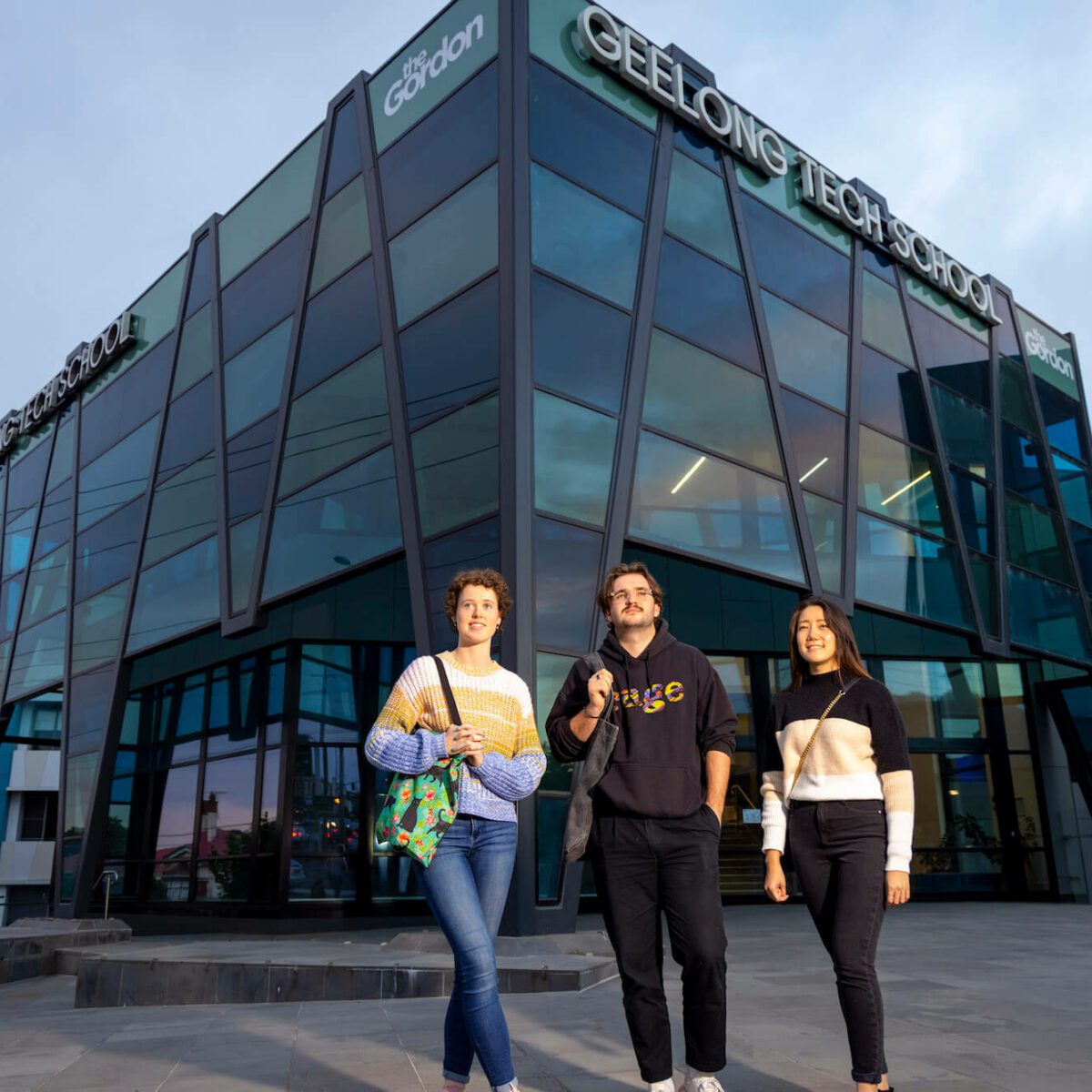
GROW in action
We work with employers to assess and improve their inclusive employment practices (e.g. recruitment, training, on-the-job conditions and support) and identify employment pathway opportunities and bias their job vacancies towards jobseekers with barriers to employment. The GROW Network has delivered 1795 direct inclusive employment outcomes and 342 employment pathways for people who face barriers to employment.
- Works with employment services, training organisations and community organisations, to identify and support job seekers with barriers to employment, to become job ready.
- Supports both the employers and job seekers with wraparound supports, for a period of time, when an employment pathway or job placement is undertaken, to ensure placements are supported, barriers are worked through and given the best chance of success.
- Works with businesses to look at their current expenditure and opportunities to direct their spend towards social suppliers (e.g. social enterprises and aboriginal enterprises) and local suppliers, leading to additional indirect employment pathways and outcomes. GROW’s work in local procurement demonstrates that for every dollar GROW Signatories spent with local suppliers, between $1.81-$2.04 is generated in the local economy.
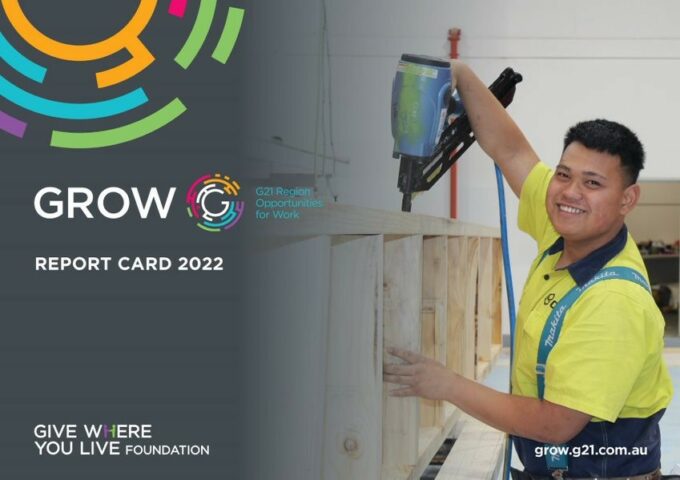
Meet the team
The GROW Team maintains the overall strategic coherence, coordinates and manages the day-to-day operations and implementation of strategy.

Brooke Hyland
HEAD OF GROW
Chris Barker
SOCIAL PROCUREMENT AND ENTERPRISE LEADGive Where You Live Foundation
In 2012, the Growing Regional Opportunities for Work (GROW) initiative was developed in partnership between two Geelong based organisations, G21 Geelong Region Alliance (G21) and the Give Where You Live Foundation. These two organisations came together to design an innovative way in which to address the conditions of entrenched, place-based disadvantage in Norlane, Corio, Whittington and parts of Colac.
Dr. Ingrid Burkett, then a fellow at the Centre for Social Impact, was commissioned to research and help design an approach that would address conditions of disadvantage by targeting the most common element, long term joblessness.
In 2014, The Give Where You Live Foundation committed $2 million to the initiative over a ten-year period and in 2015 became the operational backbone of GROW G21 while it became a priority project for advocacy for the G21 Regional Alliance.
The Victorian State Government provided $1 million of funding over a five-year period to the Give Where You Live Foundation in 2016 to progress the GROW initiative. This funding came via the Regional Jobs Fund – Innovation and Productivity Stream and was provided, in part, to match the commitment made by the Foundation.
In 2023, GROW continues to be a significant change initiative of Give Where You Live and is independently funded by the Foundation.
To learn more about the Give Where You Live Foundation click here
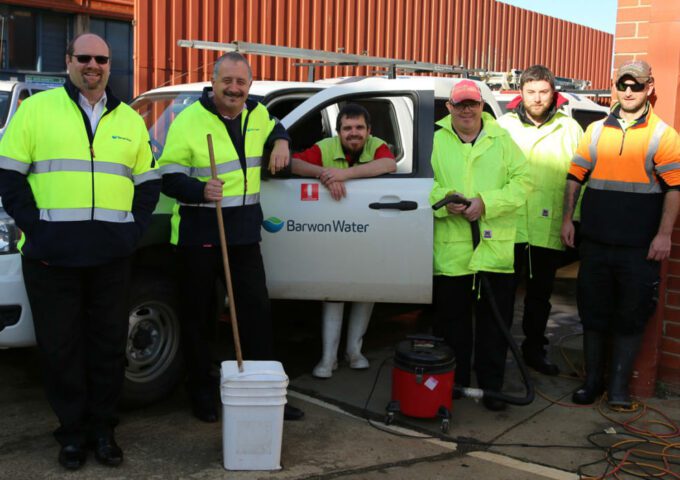

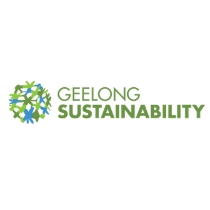
Geelong Sustainability
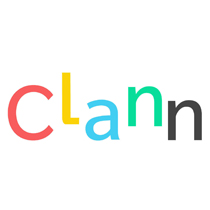
Clann & One World Consulting

Golden Plains Shire Council

Draper’s Civil Contracting Pty Ltd
Learn more about GROW
Addressing Disadvantage has been a G21 priority project since 2011. The G21 Board was concerned that despite opportunities presented by population and industry growth, access to social and economic benefits are not evenly distributed.
The Addressing Disadvantage Taskforce was commissioned by the G21 Board in March 2011 to examine models for addressing disadvantage that might be applied to the G21 region. The Taskforce comprised representatives from local government, education, community and business organisations and has explored different approaches.
At the same time, Give Where You Live Foundation (GWYLF) identified that up to 90% of the grants distributed each year were located in 3214 or 3219. GWYLF have a vision to address disadvantage, and are keen to explore ways of having a sustainable impact on these communities.
In spite of many strengths the G21 Region has:
- Significant disparity between advantaged and disadvantaged groups in the Region
- Areas with very high levels of relative socio-economic disadvantage
- High proportion of work in low paid and lower skilled industries and occupations
- High rate of part time work (especially women)
- Lower level of year 12 completion and university qualifications to State average
- Higher than average disability rates
Seven key areas in the G21 Region are identified as ‘decile 1’ on the SEIFA index of Socio-Economic Disadvantage:
- Corio
- Norlane
- Thomson
- Colac (central and east)
- Whittington
- Bell Park
- Part of St Leonards
Persistent place based disadvantage is found in all local government areas (except Queenscliffe) and correlates with:
- Joblessness and higher youth unemployment
- Lower levels of education and lower skills
- Low income retirees
- Low English proficiency
- Higher rates of single parent families
Tackling wicked problems together
- GROW’s approach to addressing joblessness will be multi-sectoral and based on a collective impact model
- It will facilitate links and a strategic approach to the significant regional investment and activities currently in place
- It will recognise that job creation and economic growth do not always ‘trickle down’
- Private, public and civic investment are all needed to achieve change
Sometimes coordination is the challenge and sometimes local actions need regional support.
Assumptions
- Joblessness is the consistent feature of disadvantage.
- Disadvantage and unemployment overlap with lower education and skill levels.
- Persistent place based disadvantage is complex.
- Issues are multi-causal, multi-sectoral and involve multiple stakeholders.
- The most successful models internationally:
- Take a systems approach
- Work in places with local people
- Adopt and develop cross-sector capabilities and partnerships in a collective impact model.
Collective impact model (link)
Key elements
- A model of social change being used internationally.
- Aims to solve substantial impacts on complex, large scale social problems.
- Based on structured collaborative efforts across multiple and often cross sector stakeholders.
- Seeks to draw together and build on existing initiatives within an agreed and structured framework of collaboration and measurement.
- Formal agreed focus increases the likelihood of achieving change to common targets.
A model for change
The model is based on 5 rings of response that all address place based disadvantage:
- The people experiencing disadvantage are in the centre and should be involved in co-design.
- People based responses include employment, training, education, family, health, community and specialist services that wrap around individuals.
- Place based responses include connectivity, physical regeneration, safety, community, cultural, environmental and economic development.
- Regional integration and innovation includes investment, diverse industry and employment base, asset development and measurement.
- Broad goals –infrastructure, pathways and advocacy.
GROW has 4 core strategies to increase and target jobs in the G21 Region:
- Social procurement
- Place based investment
- Demand-led employment brokerage
- Tracking and measuring job outcomes
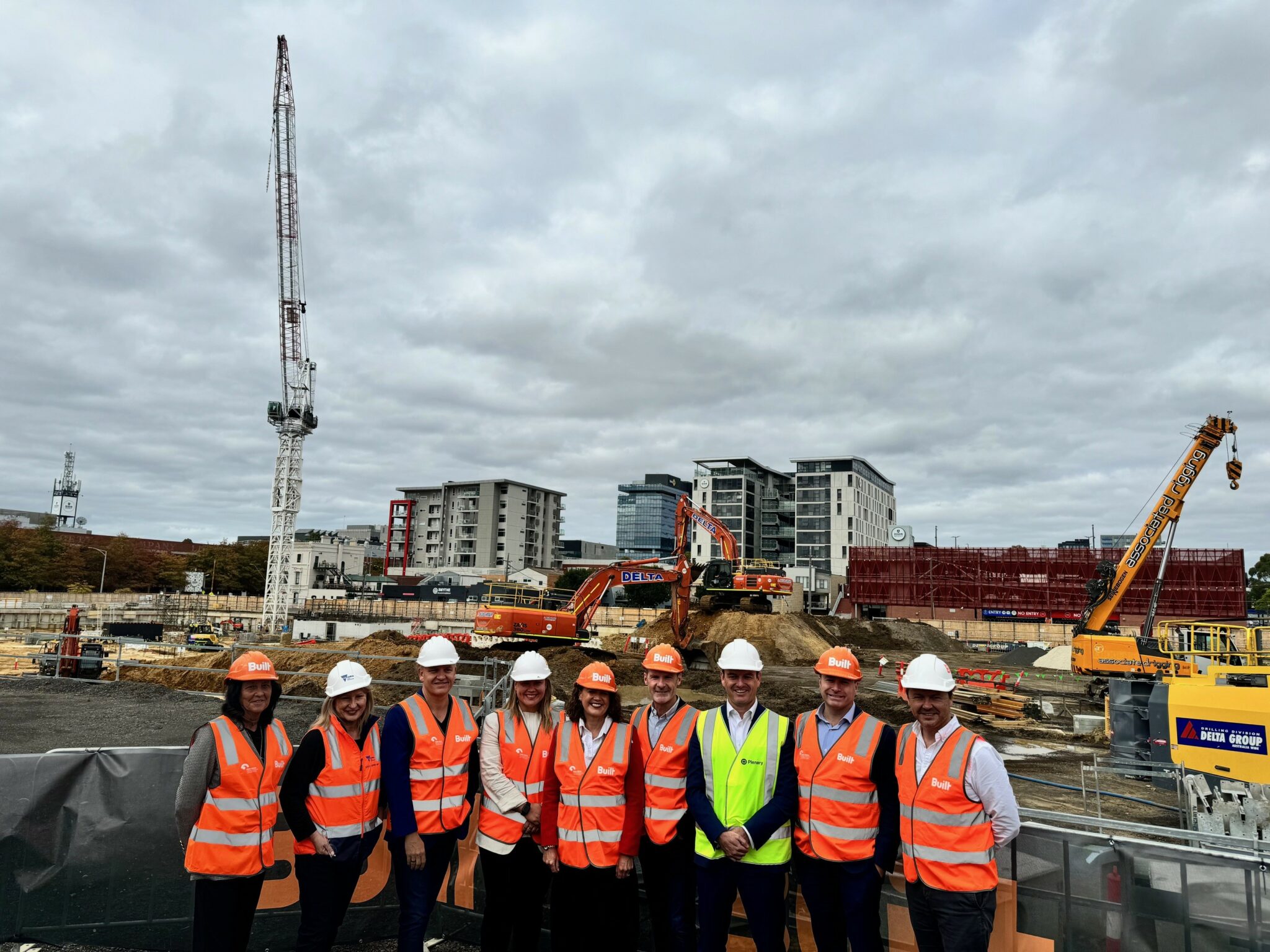
GROW helping Nyaal Banyul Geelong Convention and Event Centre works get underway
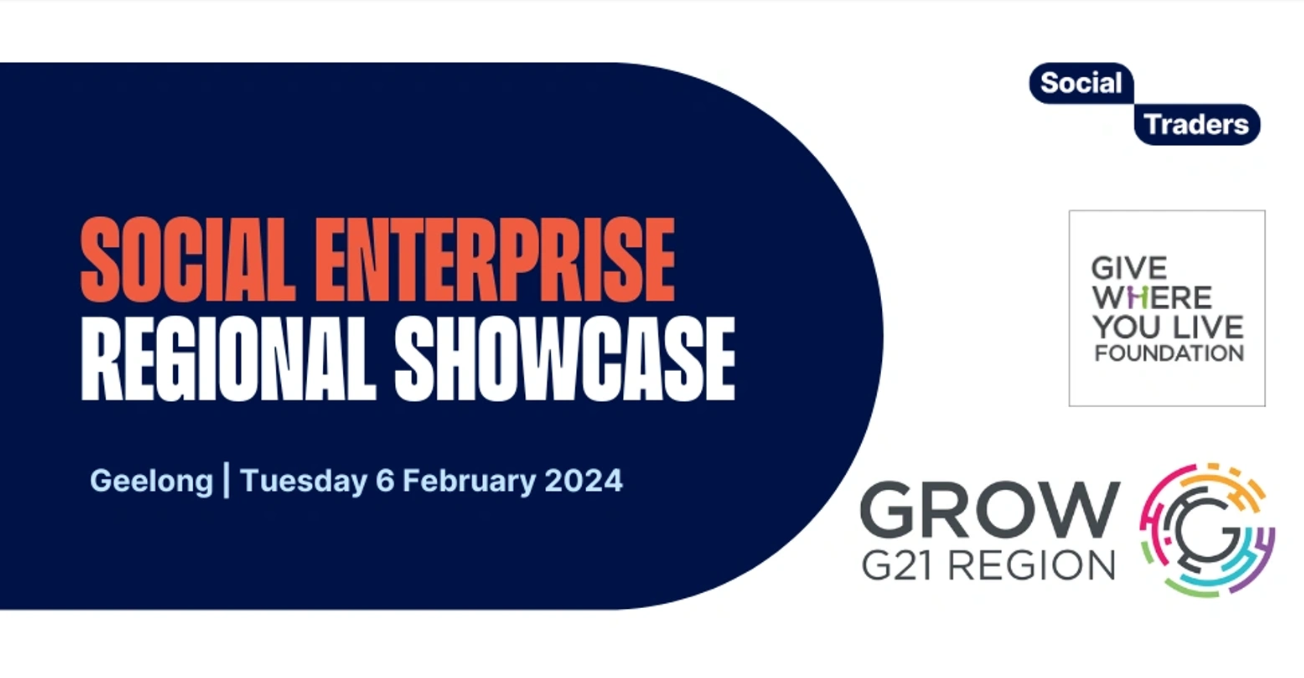
GROW and Social Traders bring you the social enterprise showcase
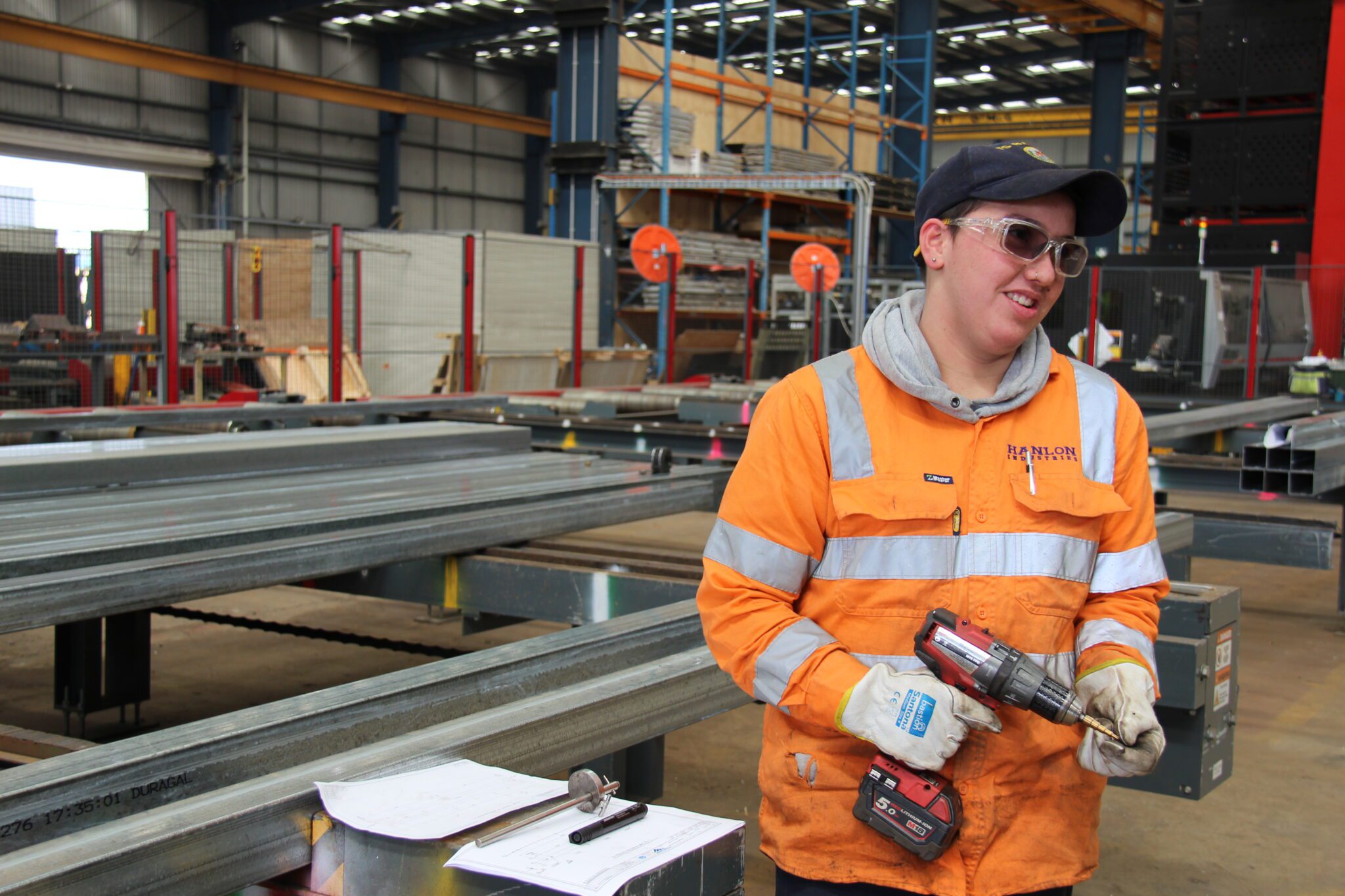
Ella’s story: A job can be life changing and everyone deserves a chance

